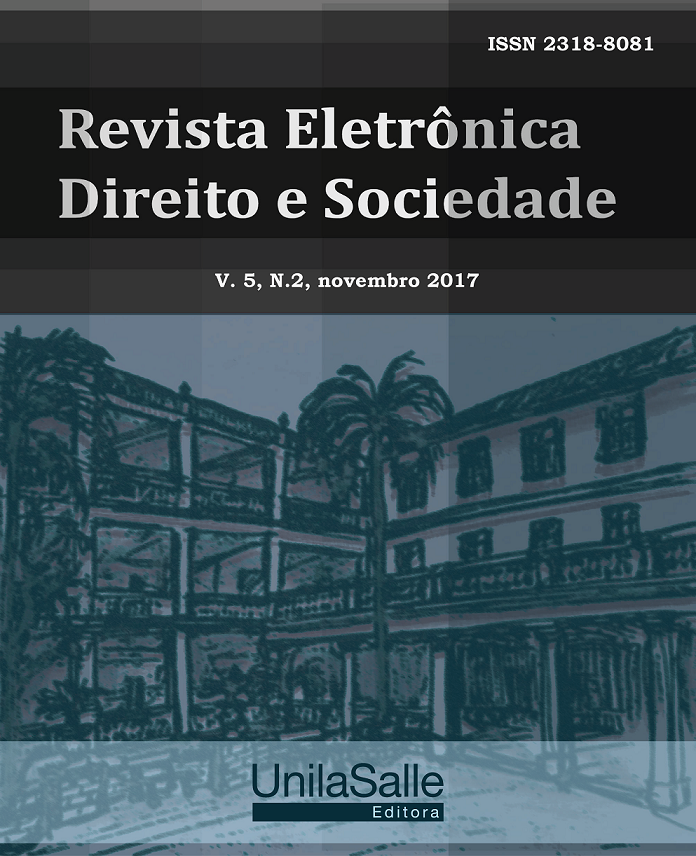The progressive utopia against of buen vivir political-economic project in Latin America
DOI:
https://doi.org/10.18316/redes.v5i2.3752Keywords:
Buen Vivir, Sumak Kawsay, Progress, Development, Latin America.Abstract
This article aims to problematize the relationship between progress/ development x buen vivir in Latin America, especially from the conformation of the autochthonous postulates in the construction of a new juridical order, with the plurinational and ecocentric Constitutions of Ecuador and Bolivia. Therefore, it is intended to present brief considerations about the ideals of progress and its establishment in Latin America; the arisenment of an alternative ethical-philosophical basis, of indigenous origin, that entered the political arena until its consolidation as a regime of law and political project and; the discussion about the contradictions that this new project faces, notably for the maintenance of the neoliberal, development-related premises, that are translated into the extractive activity. It will use the analytical method. It is concluded that, in spite of the proclaimed advancement, in terms of an alternative civilizational project, the progressive assumptions of increasing domination of nature and man himself remain untouched and that the political and economic objectives of the Latin countries maintained their developmental basis, although under new justifications.
Downloads
Published
Issue
Section
License
Authors who submit their manuscripts for publication in the “REDES” Magazine agree to the following terms:
The authors claim to be aware that they retain copyright by giving “REDES” the right to publish.
The authors declare to be aware that the work submitted will be licensed under the Creative Commons Non-Commercial Attribution License which allows article sharing with acknowledgment of authorship and publication in this journal.
The authors declare to be aware that by virtue of the articles published in this journal have free public access.
The authors declare, under the penalty of the law, that the text is unpublished and original and that they are aware that plagiarism has been identified, plagiarized authors will be informed - willingly, to take legal action in the civil and criminal sphere - and, plagiarists will have their access to the magazine blocked.
The authors state that - in case of co-authoring - all contributed significantly to the research.
Authors are obliged to provide retractions and (or) corrections of errors in case of detection.
The authors are obliged not to publish the text submitted to “REDES” in another electronic journal (or not).
The Electronic Journal Law and Society - REDES - is licensed under a Creative Commons License. Attribution-NonCommercial 4.0 International.Based on work available at "http://revistas.unilasalle.edu.br/index.php/redes/about/submissions#copyrightNotice".
Permissions in addition to those granted under this license may be available at http://creativecommons.org/.

